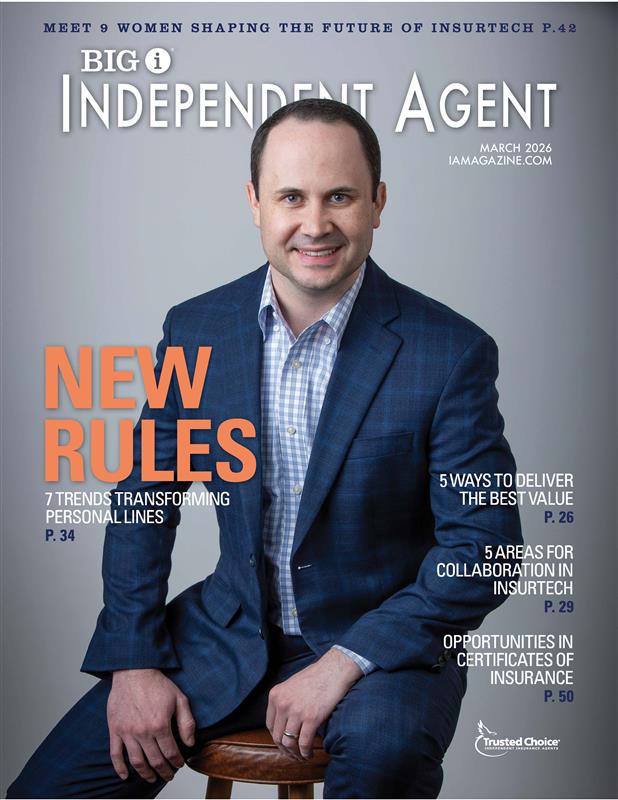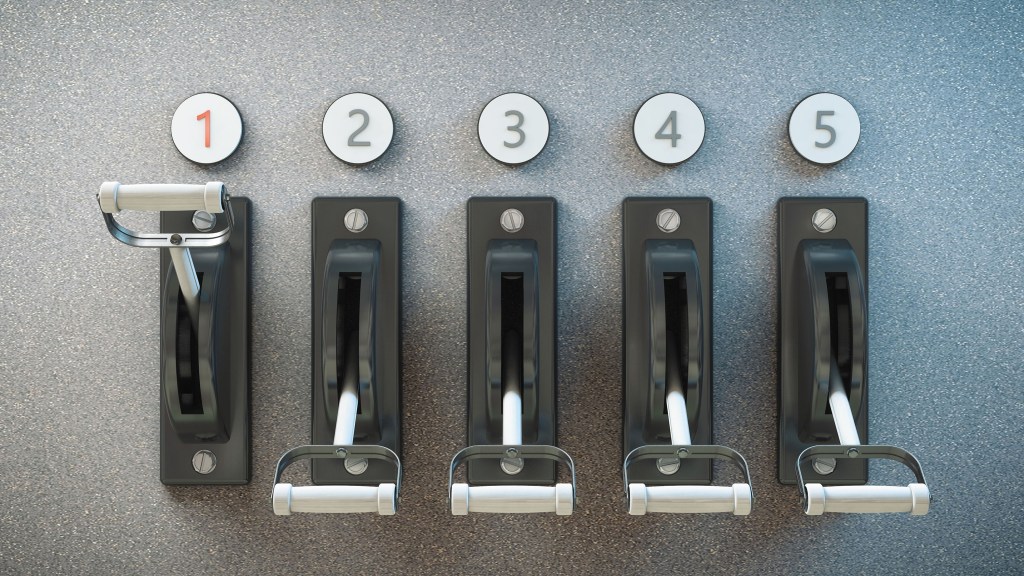4 Ways to Find the Right General Liability Coverage for Startups

By: Olivia Overman
As the economy recovers from the impact of the coronavirus pandemic and small businesses begin to operate in a somewhat normal manner once again, it is important for both agents and clients to re-evaluate necessary coverages. Understanding the changes that have occurred in the industry over the past 19 months is key to ensuring businesses have the coverage they need.
In 2020, the number of entrepreneurs that started a small business hit a record high, according to a recent University of Maryland study. “While physical businesses are rebounding quickly, the pandemic also gave rise to a new generation of internet-based businesses—1 in 3 businesses formed during the pandemic were nonstore retailers,” says Lindsay Guerrant, small commercial product strategy lead, Liberty Mutual. “As the makeup of the small business market changes, the small commercial insurance market, including general liability, will follow suit.”
Here are four ways agents can assist startups in purchasing the best general liability coverage for their business:
1) Ask the right questions. Knowing your clients’ core business and its structure is essential to providing the right coverage, whether it is a physical location or an online operation.
“Understanding the nature of the customer’s business early in the relationship is perhaps the most important thing an agent can do when it comes to general liability,” Guerrant says. “What are the risks associated with the industry they’re in? Are workers being classified properly? Are all the goods and services being sold accounted for? What about advertising?”
Getting answers to these questions from the beginning can help ensure the coverage provided under a general liability policy is adequate.
2) Understand what coverage is needed and required. “It is important for agents to identify coverage required by law and coverage that may be required by a third party through contractual relationships, which may include financial institutions, customers, landlords and government entities,” says Sean Givler, senior vice president, commercial lines, The Cincinnati Insurance Companies.
Outside of required coverage, it is important for agents to “review operations carefully to ensure the insured is well informed on coverage areas that are not addressed by the general liability policy,” Givler says. “The most commonly missed items are cyber liability, including coverage for ransomware, as well as employment practices liability and professional liability.”
“Agents who fully understand the operations of a small business are in the best position to align the insurance needs for the risk; provide guidance on risk mitigation and prevention; present the risk for the best market terms, conditions and pricing for their client; and identify coverage gaps,” Givler says.
3) Provide insight and guidance on COVID-19 claims. The coronavirus pandemic highlighted the financial fragility of many small businesses, and many owners may still harbor concerns about any impact on their business. Agents should keep clients up to speed on any possible exposure they may face.
“A level of complexity exists in terms of establishing underlying liability against policyholders by third-party claimants alleging damages from COVID-19,” says John Sakakeeny, vice president, product management, The Hartford.
“Certain states have passed immunity statutes that provide express protections from liability to business owners,” Sakakeeny says. “To the extent policyholders are adhering to state, federal and industry COVID-19 guidance, establishing that a breach of that duty of care occurred is a hurdle for claimants. Likewise, with community spread, proving a causative link back to a specific location is also difficult.”
4) Highlight risk mitigation and prevention services. “Many carriers offer education and resources to help small businesses avoid a claims situation by offering programs such as a risk control program that provides policyholders industry-specific tools, training and technical resources to help them proactively prevent losses,” Guerrant says. “The best customer experience is when a policyholder doesn’t experience a claims situation, and agents have an opportunity to offer the guidance needed to prevent losses before they occur.”
“The great thing about general liability is that most carriers offer a wealth of resources, so for agents, it’s really about making sure policyholders are aware of these resources and that they are being packaged together and delivered in a way that is convenient for the customer,” she adds.
Olivia Overman is IA content editor.










